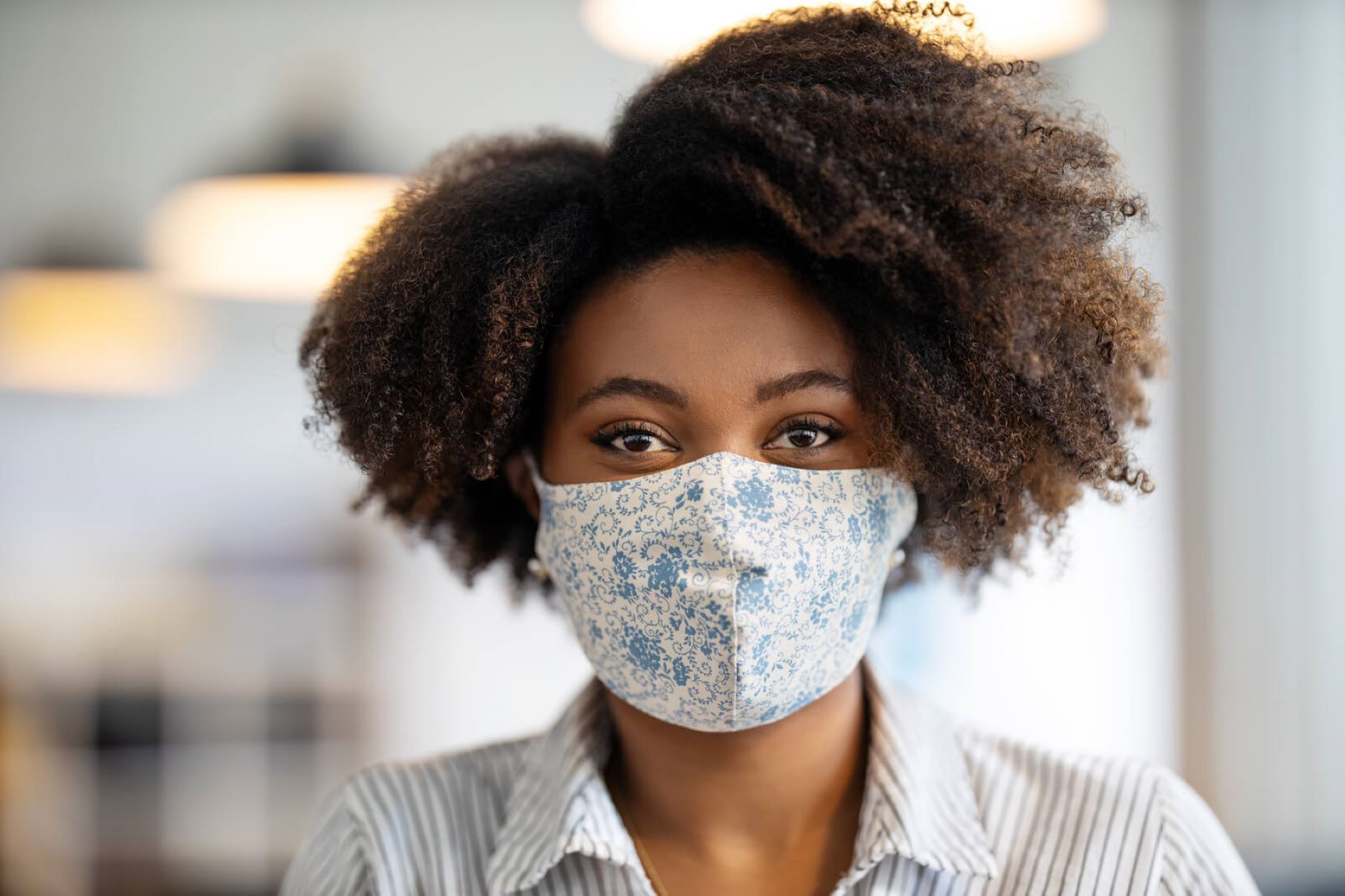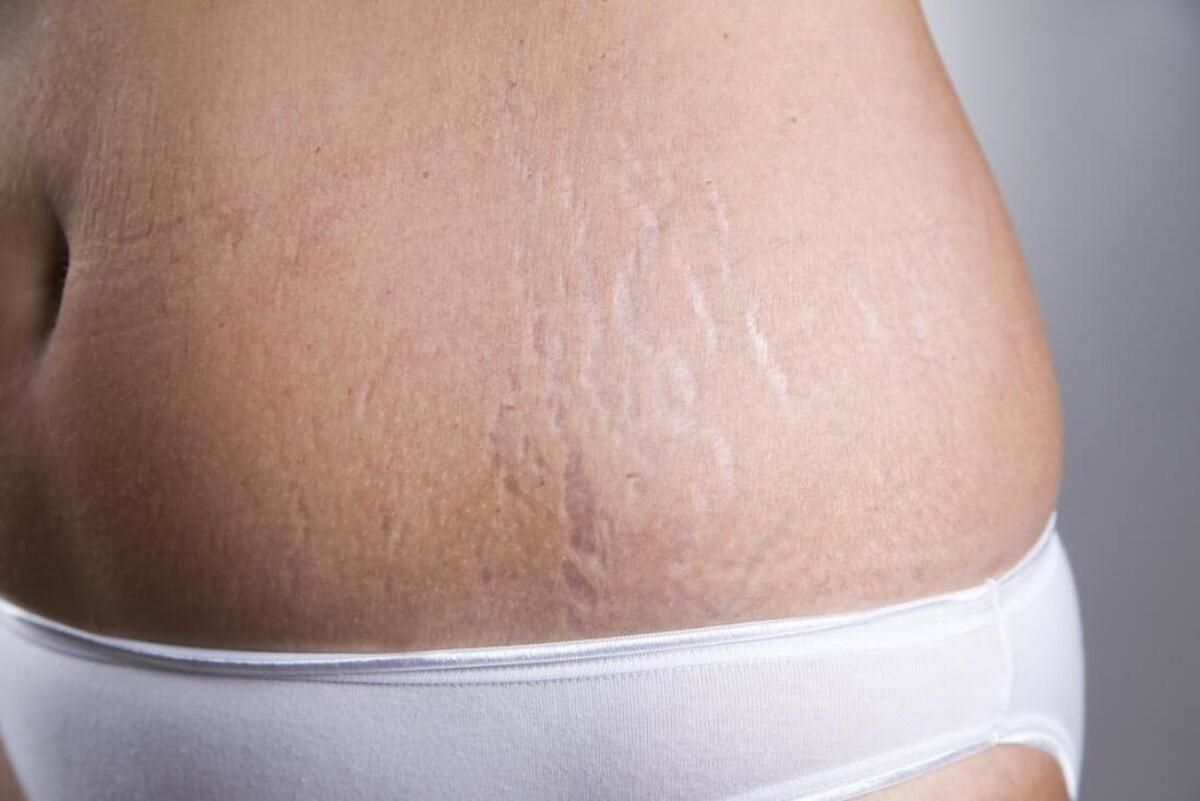
Face masks have become an essential part of our lives in the wake of the COVID-19 pandemic. They play a crucial role in protecting ourselves and others from the transmission of the virus. But did you know that face masks have a fascinating history and are used for various purposes beyond just protecting against infectious diseases?
In this article, we will uncover some interesting facts about face masks that you may not be aware of. From the origins of face masks to their different types and functions, we will explore the world of face masks and shed light on their importance in our daily lives.
So, let’s dive into the world of face masks and discover some intriguing insights about these simple yet powerful protective tools.
Key Takeaways:
- Face masks are important for stopping the spread of germs and protecting ourselves and others. There are different types, and it’s crucial to wear and handle them properly.
- Face masks have been around for a long time, but they’ve become a big part of our lives now. They can be stylish, help with allergies, and should be used along with other safety measures.
Face masks are an essential tool in preventing the spread of infectious diseases.
Wearing a face mask has proven to be effective in reducing the transmission of respiratory droplets, which can contain harmful viruses and bacteria.
There are different types of face masks available.
From disposable surgical masks to reusable cloth masks, there is a wide variety of options to choose from based on individual needs and preferences.
The N95 mask is considered one of the most effective face masks.
Designed to filter out at least 95% of airborne particles, the N95 mask is commonly used by healthcare professionals and frontline workers.
Proper wearing and handling of face masks are crucial.
To ensure maximum effectiveness, it is important to wear the mask covering both the nose and mouth tightly and avoid touching the mask or face while wearing it.
Face masks can help protect the wearer and those around them.
By preventing the release of respiratory droplets, wearing a face mask not only safeguards the wearer but also reduces the risk of infecting others.
Face masks should be changed regularly.
Depending on the type of mask, it is recommended to replace disposable masks after a single use and wash reusable masks after each use.
Face masks can be fashionable.
Many designers and brands have started creating stylish and trendy face masks, allowing individuals to express their personal style while staying protected.
Face masks can cause discomfort for some individuals.
While necessary for public health, some individuals may experience difficulties in breathing or skin irritation when wearing face masks for extended periods.
Face masks are not recommended for children under the age of 2.
Due to the risk of suffocation, it is advised to avoid using face masks on infants and young children.
Face masks should be properly disposed of or cleaned after use.
Disposing of disposable masks in designated receptacles or washing reusable masks with warm water and soap are essential steps in maintaining hygiene.
Face masks can help reduce allergies and respiratory symptoms.
For individuals with allergies or sensitivities to pollen or other allergens, wearing a face mask can provide relief by preventing direct inhalation.
Face masks have been used for centuries.
Face masks have played a role in history, ranging from surgical masks used by doctors in the early 20th century to the iconic gas masks used during wars.
Face masks have become a symbol of the COVID-19 pandemic.
Since the outbreak of the global pandemic, face masks have become synonymous with the ongoing efforts to combat the spread of the virus.
DIY face masks can be made at home.
With the availability of various materials and tutorials, it is possible to create homemade face masks using simple sewing techniques.
Some face masks come with filters.
Certain masks are designed to accommodate replaceable filters, offering an additional layer of protection against airborne particles.
Face masks should not replace other preventive measures.
While face masks are crucial, it is important to continue practicing proper hand hygiene, maintaining social distancing, and following local health guidelines.
Face masks can be reused with proper care.
Reusable masks can be washed and dried properly, making them an economical and environmentally friendly choice.
Face masks have become a part of everyday life.
The adoption of face masks as a preventive measure has become a new norm, ensuring the safety and well-being of individuals in various settings.
Conclusion
In conclusion, face masks have become an essential tool in our everyday lives, especially during times of pandemics. They offer numerous benefits in terms of protecting ourselves and others from respiratory illnesses and reducing the transmission of infectious droplets. Additionally, face masks have become a fashion statement and a symbol of solidarity in the global fight against diseases.
It is important to wear face masks correctly, ensuring they cover both the nose and mouth, and to follow proper hygiene practices when handling and disposing of them. With the right usage and adherence to guidelines, face masks can effectively contribute to a safer and healthier environment for everyone.
FAQs
1. Are face masks effective in preventing the spread of COVID-19?
Yes, wearing face masks can significantly reduce the transmission of COVID-19 by preventing respiratory droplets from being released into the air when an infected person coughs, sneezes, or talks.
2. What types of face masks are recommended?
The CDC recommends the use of cloth face masks made from breathable materials for everyday use. Medical-grade masks like N95 respirators should be reserved for healthcare workers and those at a high risk of exposure.
3. How should I properly wear and remove a face mask?
Ensure the mask covers your nose, mouth, and chin, and that it fits snugly against the sides of your face. When removing, avoid touching the front of the mask, and use the ear loops or ties to take it off. Wash your hands thoroughly after handling the mask.
4. How often should I wash reusable face masks?
Reusable cloth masks should be washed after each use. They can be hand-washed or machine-washed using hot water and detergent.
5. Can children wear face masks?
Yes, children above the age of 2 can wear face masks. However, masks should never be placed on infants or toddlers as it may pose a suffocation risk.
Face masks have become an integral part of our lives, but there's still much to learn about them. If you're looking for the perfect mask for your little ones, our article on the best kids face masks has you covered. Beauty enthusiasts won't want to miss our surprising facts about Xpose Beauty Day. And for those seeking extra protection during cold weather, our guide to the top balaclavas is a must-read. Explore these informative articles to stay up-to-date on all things face masks and beyond.
Was this page helpful?
Our commitment to delivering trustworthy and engaging content is at the heart of what we do. Each fact on our site is contributed by real users like you, bringing a wealth of diverse insights and information. To ensure the highest standards of accuracy and reliability, our dedicated editors meticulously review each submission. This process guarantees that the facts we share are not only fascinating but also credible. Trust in our commitment to quality and authenticity as you explore and learn with us.


